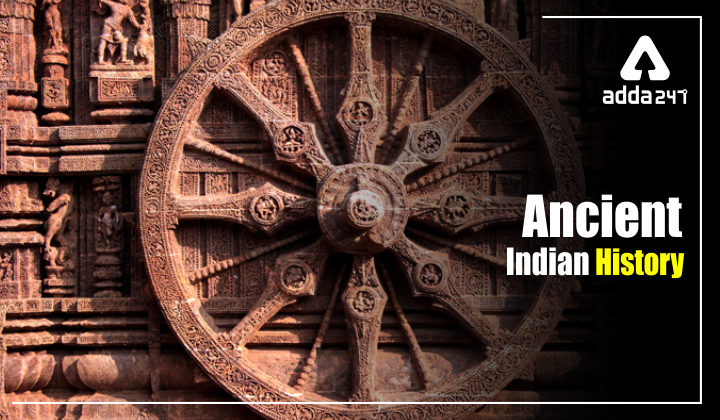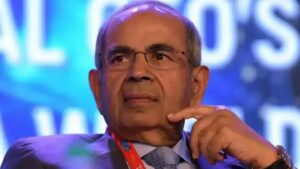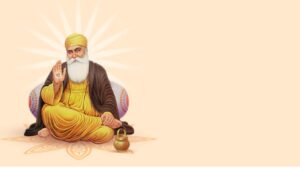Ancient History of India
Ancient History of India: India, the name comes from the Indus valley. Before India, it is known as Bharata, it is used to designate the country in the constitution. The name Bharat came from the ancient mythological emperor Bharata, according to history Bharat conquered and rule the whole subcontinent of India, therefore, the people of India are called Bharatvasi. In this article, we have included the three major periods of the History of India, Ancient Indian History, Medieval Indian History, and Modern Indian History.
Khilji Dynasty Rulers
UNESCO World Heritage Sites in India
Indus Valley Civilization
The Indus Valley civilization and the coming of Aryans mark the ancient history of India. These two phases are known as the pre-Vedic and Vedic periods. Rig Veda is the earliest source of Indian history. Indus valley civilization began between 2800 BC and 1800 BC. The Indus valley civilization begins with the people who started practicing agriculture making tools and weapons from copper and bronze and domesticating animals. They even started trading with Middle East countries. By the time urban civilization started increasing.
The main reason for the rise of urban civilization was the access to reverse which has the people who perform several functions. The largest civilization among the Mesopotamian civilization, Egyptian civilization, and the Indus valley civilization, is the Indus valley civilization which flourished around 2600 BC. During the Indus valley, civilization agriculture was carried out on a large scale.
The most renowned town of the Indus valley was Mohenjo Daro and Harappa. The people of the Indus Valley civilization lived in well-planned and well-designed houses which were made of baked bricks. The beautiful Indus Valley civilization came to an end around 1300 BC due to natural calamities.
Vedic civilization
The Vedic civilization florist along the Saraswati river was named after the Vedas. The greatest epics of Indian history the Ramayana and the Mahabharata were held during this period. The Vedic civilization depicted the early literature of The Hindus.
Invasion of Alexander
Alexander invaded India in 362 BC when he crossed the Indus river and invaded the Indian rulers.
The Gupta dynasty
The Gupta dynasty period was the golden age of Indian history. Chandragupta married the daughter of the chief of Licchavi and got Patliputra in his dowry. In Patliputra he started to lay the foundation of his emperor which extended to the river Ganga. For 15 years he ruled in Patliputra and was known as the King of kings.
Medieval Indian History
Medieval Indian history is mostly derived from Islamic kingdoms. These kingdoms were extended to three generations there were several kingdoms and dynasties which ruled in India. The Cholas were the most important rulers during the 19th century. The largest part of the kingdom was South India including Sri Lanka and the Maldives.
The dynasty of Cholas was invaded by Kafur Malik and the Empire came to an end in the 14th century. During this period the next major Empire was the Mughals. The Mughal Empire started to rise in the 16th century. December was the richest and most glorious Dynasty in India. The Mughal kings were Babar, Humayun, Sher Shah Suri, Akbar, Jahangir, Shahjahan and Aurangzeb.
The Modern Indian history
European trading companies in India competed with each other during the 16th and 17th centuries. In the 18th century, the Britishers established themselves as the dominant power in India. The Britishers continued to dominate India for about two centuries and this brought a revolutionary change in the social-political and economic life of India. After the Mughal rule, capitalization was integrated into India, the Britishers arrived in early 1600 as traders.
The Britishers used the strategy of the divided and rule to take over India for two centuries. The resources and wealth of India which included spices cotton silk and tea attracted the Britishers. The Britishers divided India based on religion which easily broke the unity of the Indians. The Indians became the slaves of British rule and were working hard for a few pennies. All this led to the rise of freedom fighters and they provoked all the Indians to come out and join the fight for freedom.
FAQs related to the Ancient History of India
1. What are the different periods of Indian history?
Ans. Indian history is divided into three major periods ancient Indian history, medieval Indian history, and modern Indian history.
2. Which period marks the independence of India?
Ans. Modern Indian history marks the independence of India. 1857 marks the first war of Indian independence.
Buy Prime Test Series for all Banking, SSC, Insurance & other exams
Find More Miscellaneous News Here




 QS Asia Rankings 2026: IITs Slip as Chin...
QS Asia Rankings 2026: IITs Slip as Chin...
 “Business Titan Gopichand Hinduja, Chair...
“Business Titan Gopichand Hinduja, Chair...
 Guru Nanak Jayanti 2025: Date, Importanc...
Guru Nanak Jayanti 2025: Date, Importanc...







